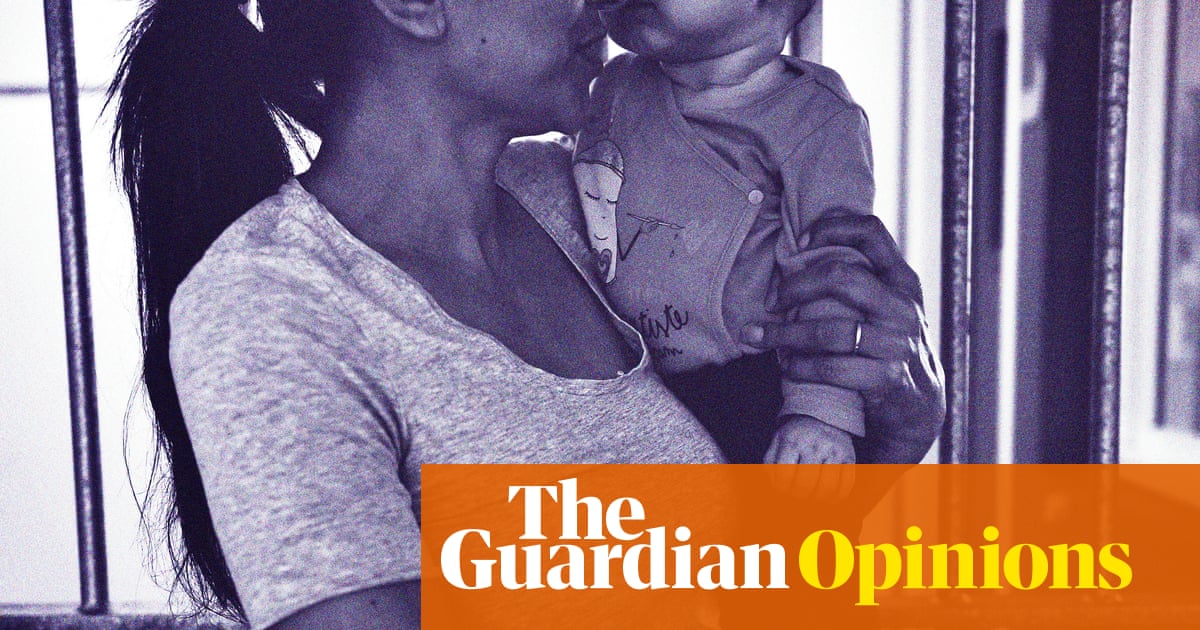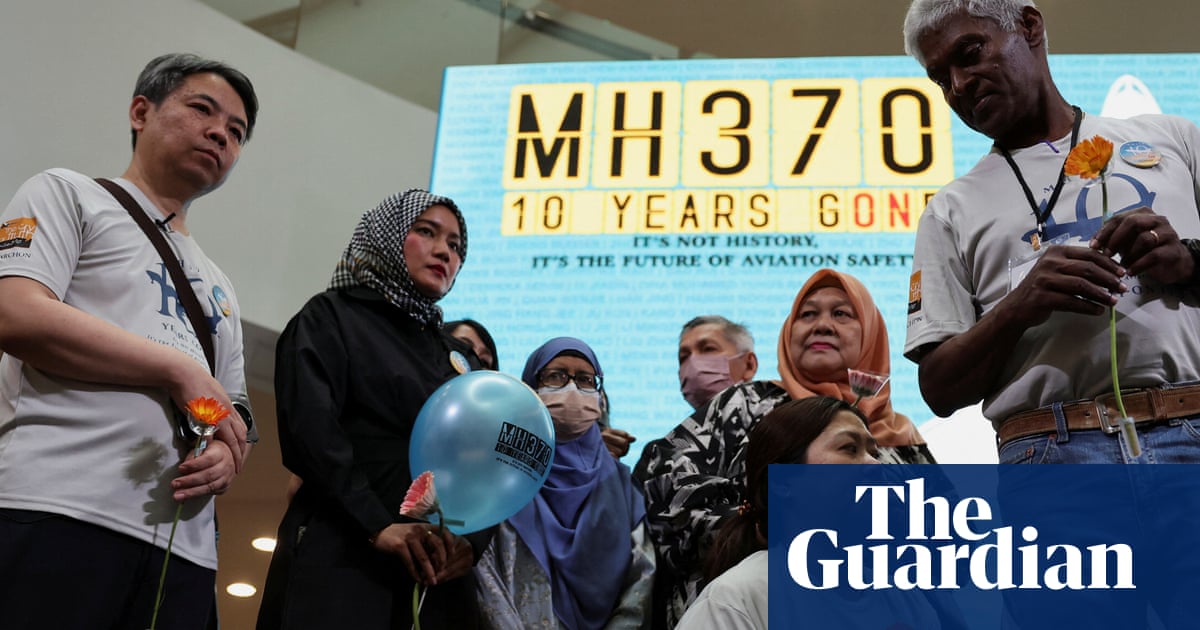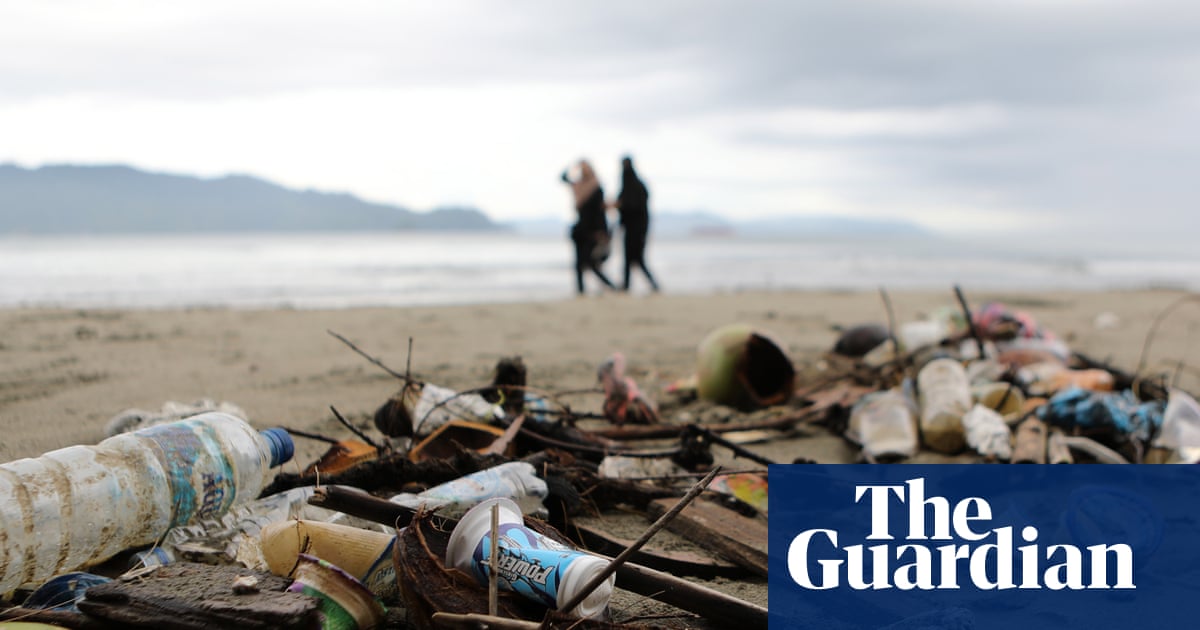The number of babies born to foreign parents reached a record high in Japan in 2024, underlining rapid demographic changes that have propelled migration to the heart of the country’s political debate.
More than 20,000 children were born to non-Japanese couples, accounting for more than 3% of all newborns, according to the health ministry – in stark contrast to another sharp fall in the number born to Japanese parents.
The number and proportion of foreign newborns were both record highs, the Nikkei business newspaper reported, adding that the children were “starting to help dent the decline in births among Japanese people”.
Japan is one of the fastest-ageing countries in the world and has struggled to raise its birthrate to the level needed to sustain the population, which currently stands at about 125 million.
Its non-Japanese population has soared in recent years, as more migrant workers are hired to fill gaps in the labour market – a trend that has turned immigration into an election issue for the first time.
The ministry’s data showed that 22,878 foreign children – defined as the offspring of non-Japanese parents or an unmarried foreign mother – were born last year. That is an increase of more than 3,000 from a year earlier, and represents a 50% rise from a decade ago, the Nikkei said.
The number of children born to Japanese couples fell to 686,173 – a reduction of 41,115 from the year before. The contrasting trends meant non-Japanese newborns offset the decline in Japanese births by more than half and accounted for 3.2% of all births.
By nationality, Chinese women comprised the single biggest group of foreign mothers followed by women from the Philippines and Brazil.
The increase is a reflection of the sharp rise in foreign residents in Japan. The number of legal foreign residents has risen to 3.95 million, the immigration services agency said last week. Many are in their 20s and 30s and are more likely to remain in the country for longer and to have children.
The diverse populations now found in many Japanese towns such as Ōizumi, home to dozens of nationalities, has prompted right-wing politicians to call for stricter immigration rules and better integration.
In July’s upper house elections, the minor populist party Sanseito put in a strong performance after it campaigned opposing foreign workers.
Sanae Takaichi, the new leader of the governing Liberal Democratic party who is hoping to be made prime minister this month, made immigration and “badly behaved” foreign tourists a key part of her election bid.
But the labour shortage, combined with an ageing demographic, is expected to fuel more migration. The justice minister, Keisuke Suzuki, recently said the proportion of foreign residents could surpass 10% of the population by 2040 – three decades earlier than a National Institute of Population and Social Security Research forecast published in 2023.
Experts have called on local authorities to do more to help foreign families. “Policies and help for foreign babies born here and their families are lagging in many localities, and most rely on nonprofit organisations,” Toshihiro Menju, a visiting professor at the Kansai University of International Studies, told the Nikkei.
“We need policies to create a society where foreign-national children, when they grow up, speak Japanese, earn as much as Japanese citizens do, and can support their own families,” Menju aded, warning that otherwise “we are going to have a divided society”.

.png) 1 month ago
48
1 month ago
48

















































